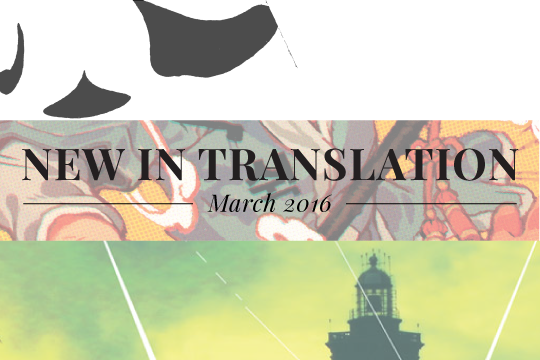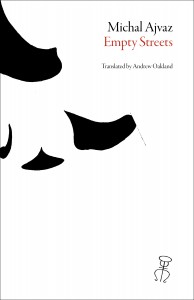This week, our editors from around the globe report on new translations of Czech poetry, as well as books fairs and celebrations of acclaimed writers in Mexico. Read on to find out more!
Julia Sherwood, Editor-at-Large, reporting on the Czech Republic
On 19 May, Bianca Bellová launched the English translation of her award-winning novel The Lake at the Czech Centre in London. “Whether The Lake is better described as dystopian or realistic depends, I suppose, on one’s opinion about the state of the world and what can be done about it,” said the book’s translator Alex Zucker. For him, the book “stands out for the incisiveness of its style and the evocativeness of its setting,” he told Alexandra Büchler in an interview published as part of Parthian Books’ Talking Translation series.
Meanwhile, Büchler’s own translation of the poetry collection Dream of a Journey by Kateřina Rudčenková has been longlisted for the coveted Oxford Weidenfeld Prize. You can read a tribute to Büchler, a tireless advocate for the translation of literature from Wales in both English and Welsh into languages across Europe through her role at Literature Across Frontiers. Those in the UK can catch Rudčenková and her fellow Czech poet Milan Děžinský at the Kendal Poetry Festival on 25 June, while poets Stephan Delbos and Tereza Riedlbauchová will be reading translations of each other’s poetry in Prague on 26 May.
There is more Czech poetry just out from Karolinum Press as part of its Modern Czech Classics series: The Lesser Histories by Jan Zábrana (1931-1984). In the words of its translator Justin Quinn, the collection “at times resembles a loose, shifting congregation of voices, some talking clearly, others muttering indistinctly, on occasion shifting from one language to another.” Quinn’s foreword, excerpted in LARB, provides a great introduction for Anglophone readers to Zábrana, a towering figure in Czech literature who, in addition to being a poet, was an outstanding translator from Russian and English, as well as a diarist whose “thousand pages or so of selected diaries bear witness to a splendid, if bitter, solitude.”



